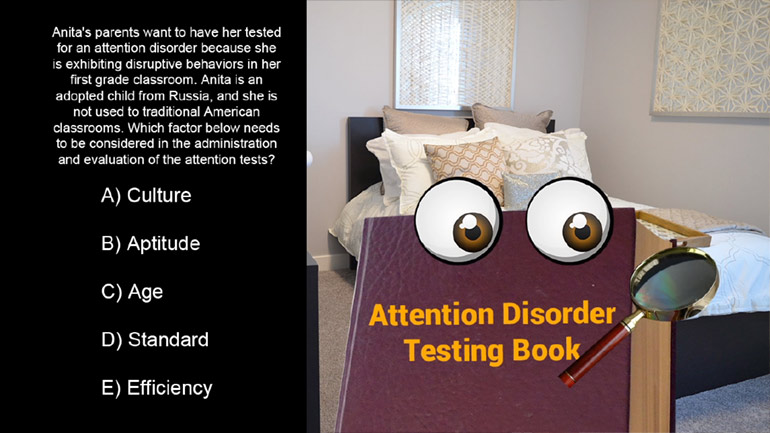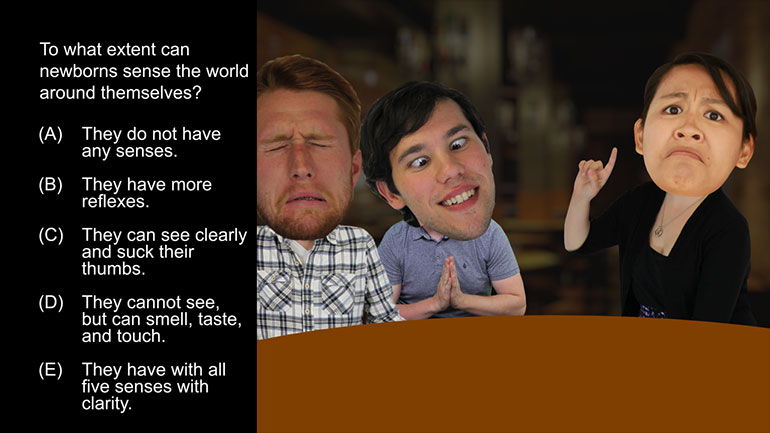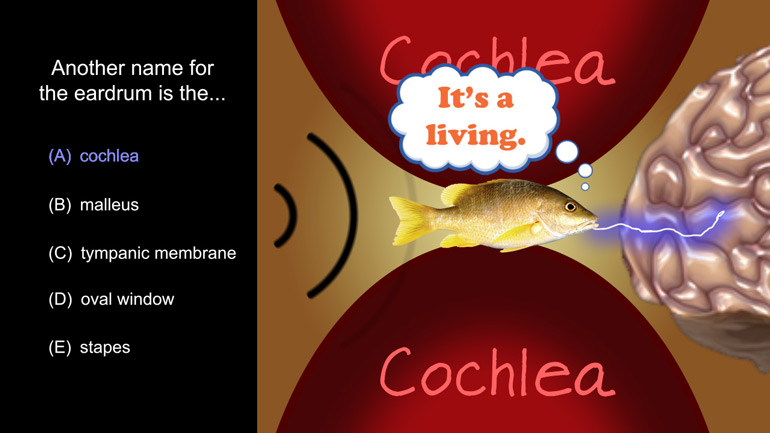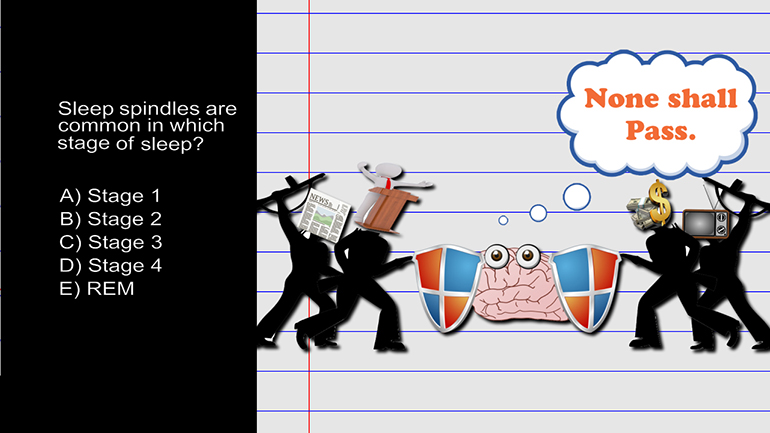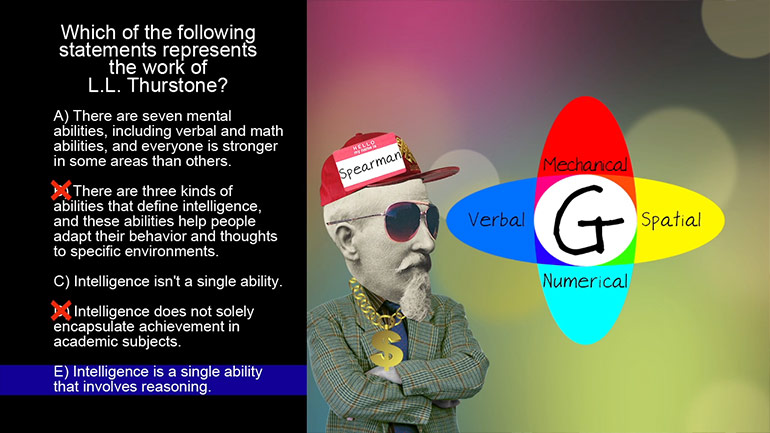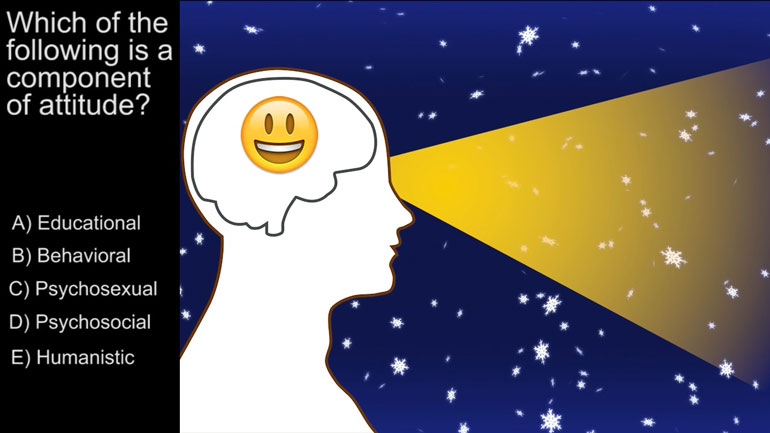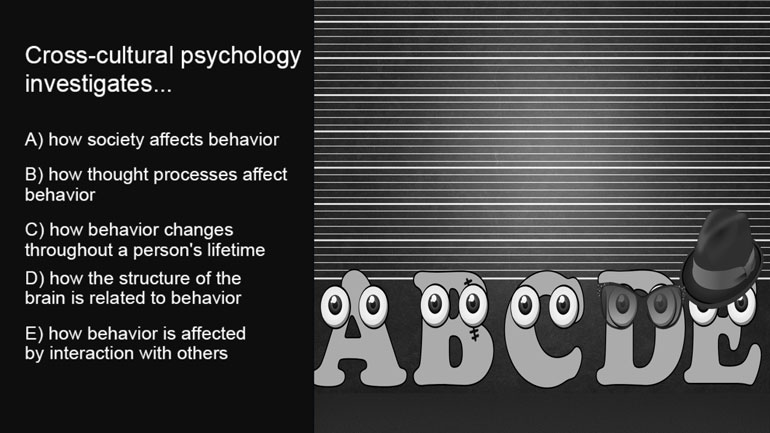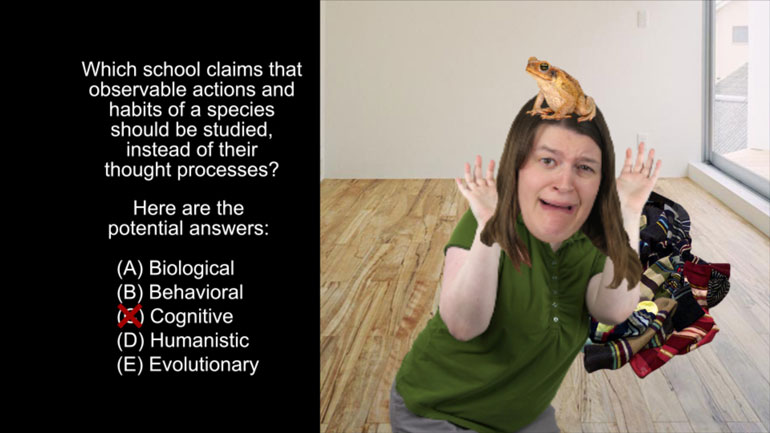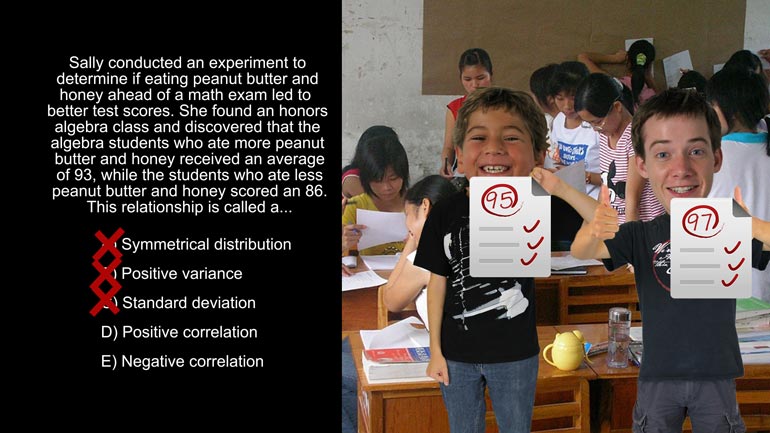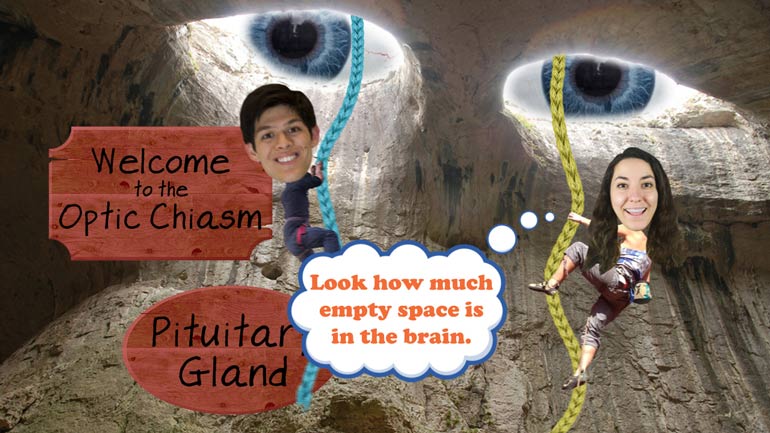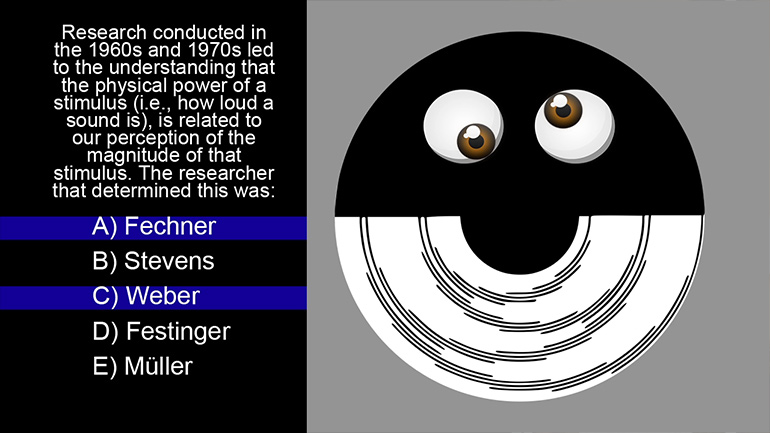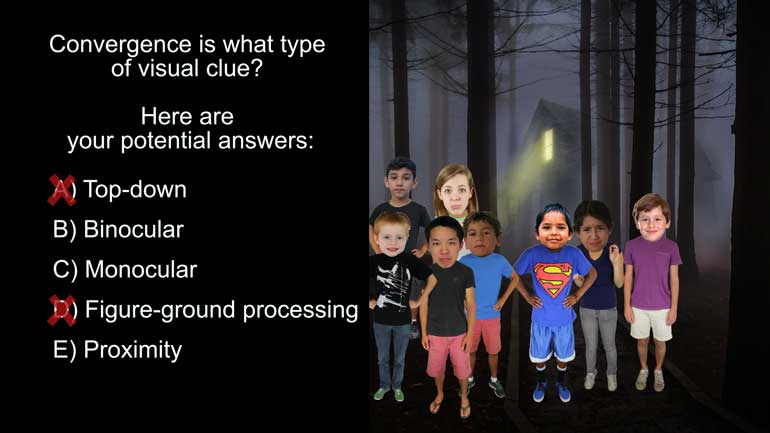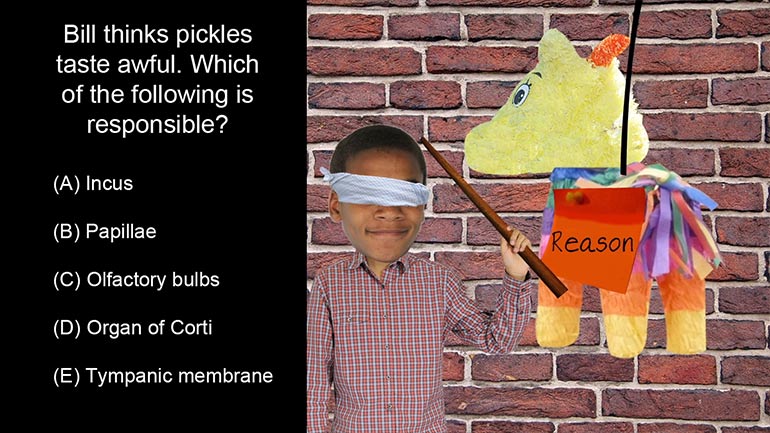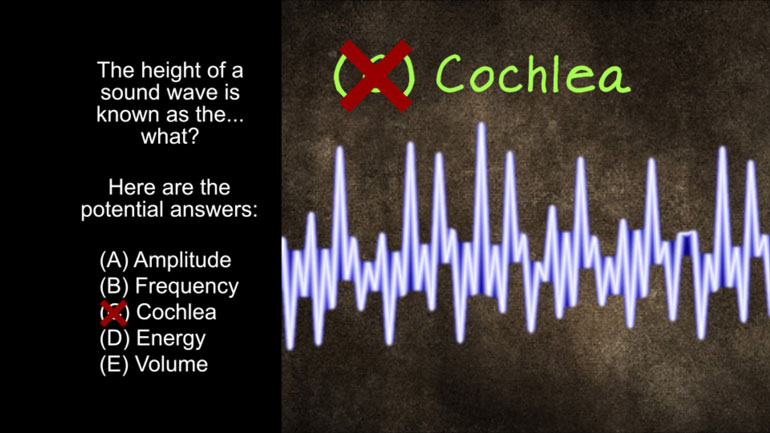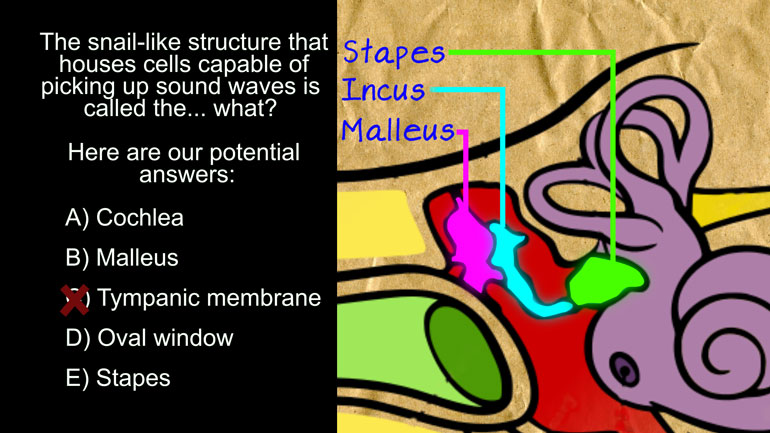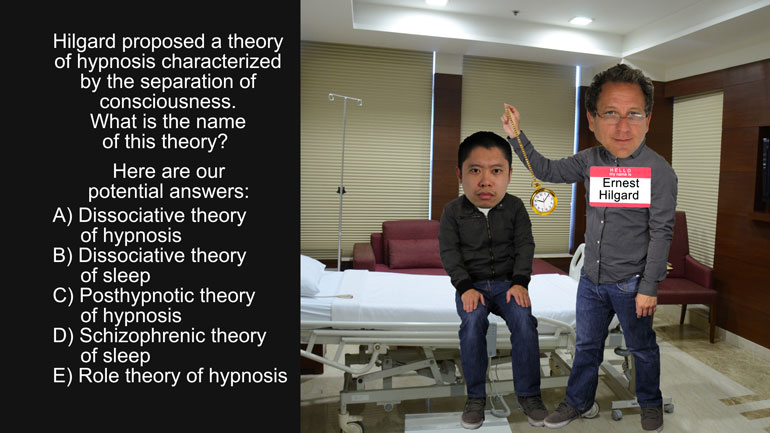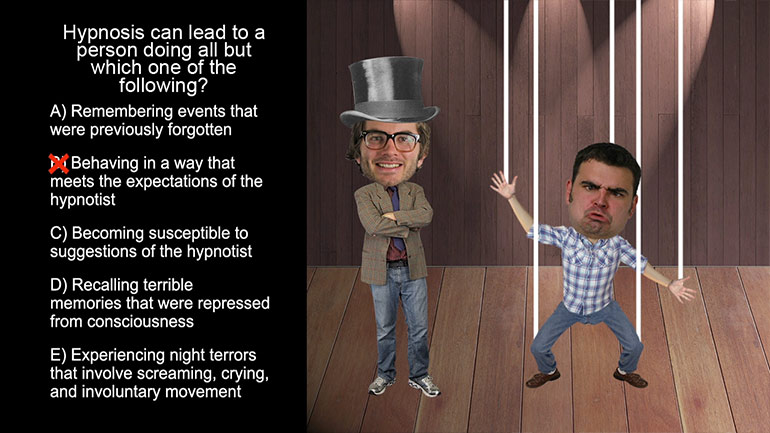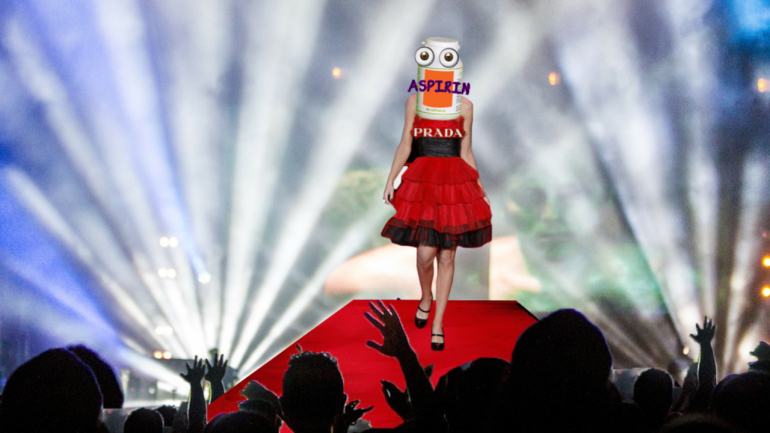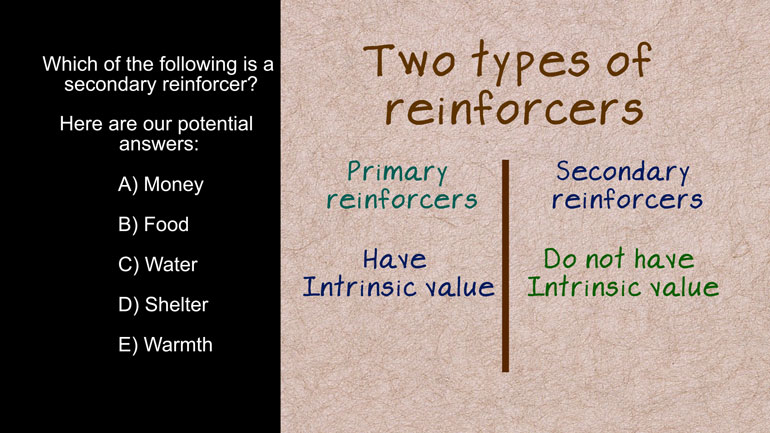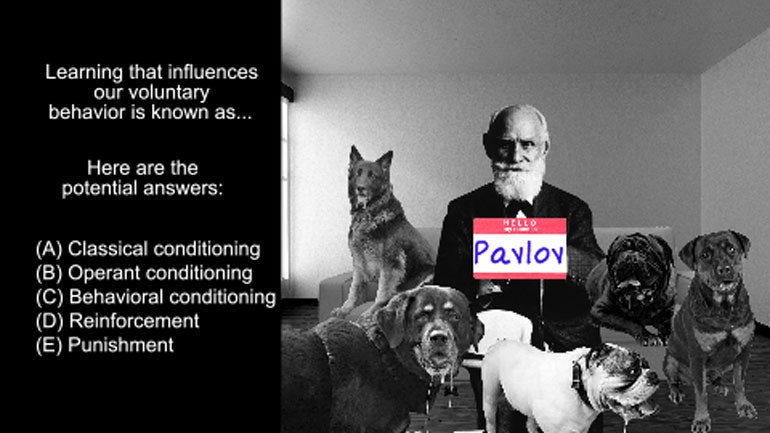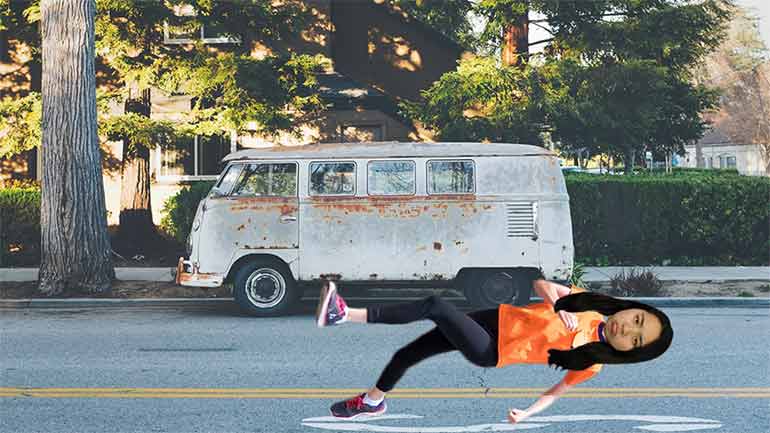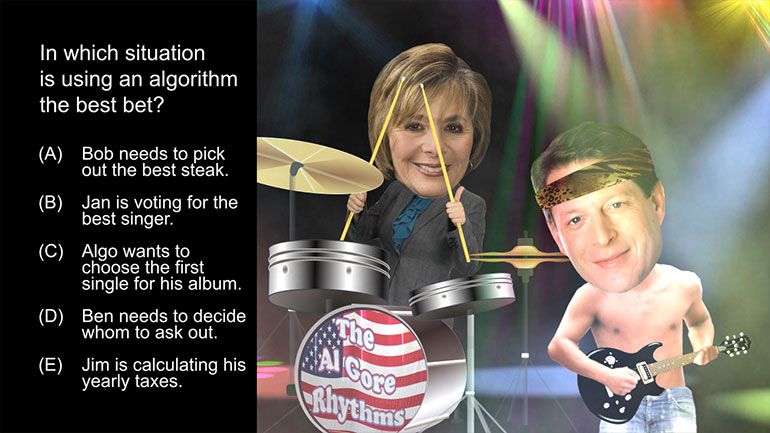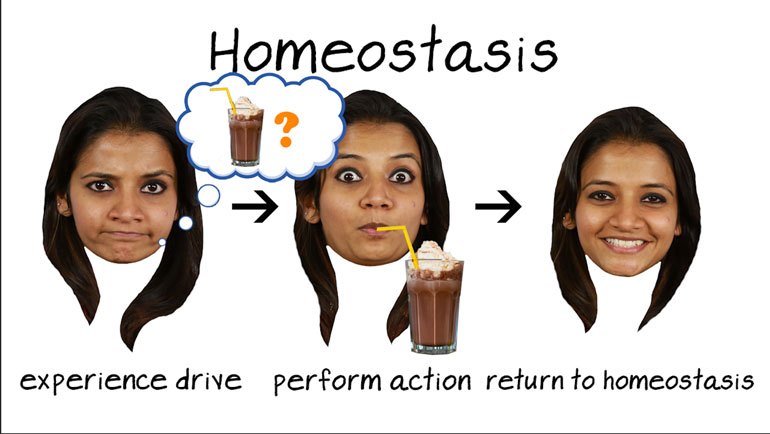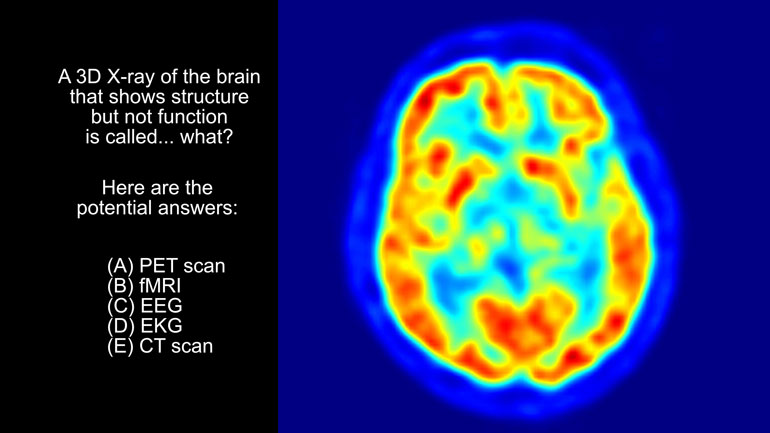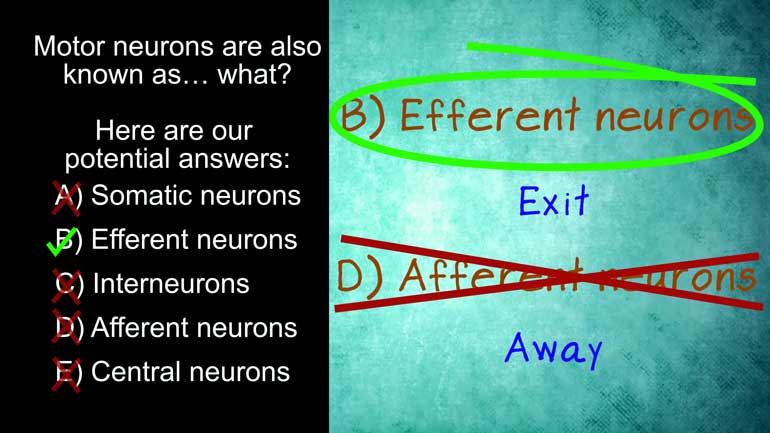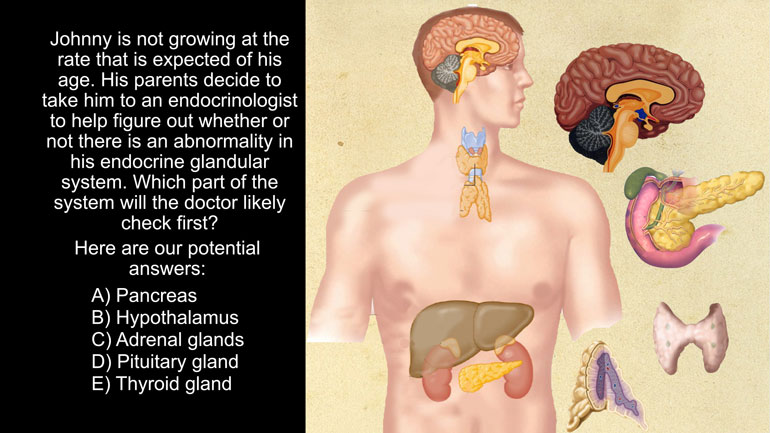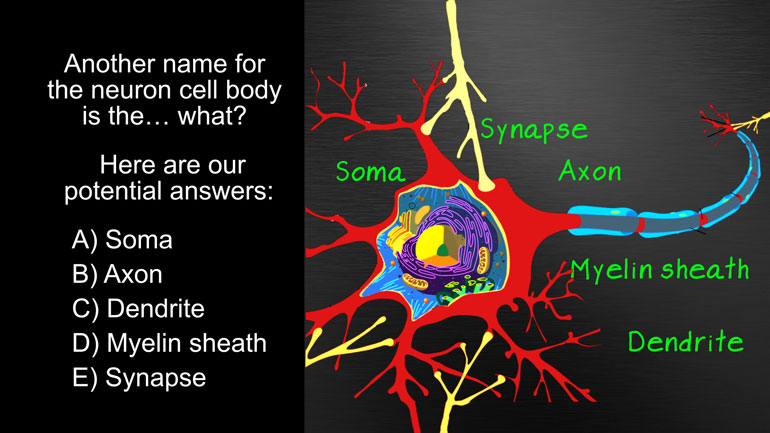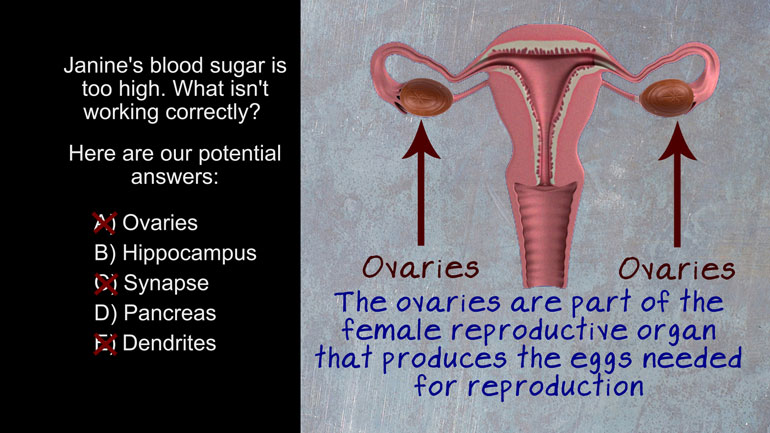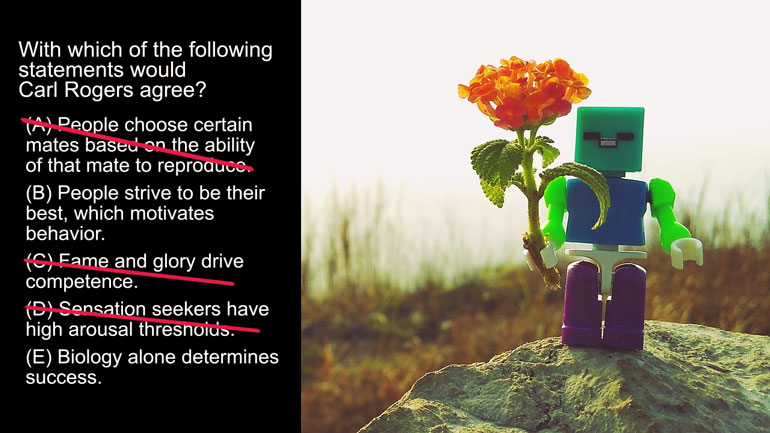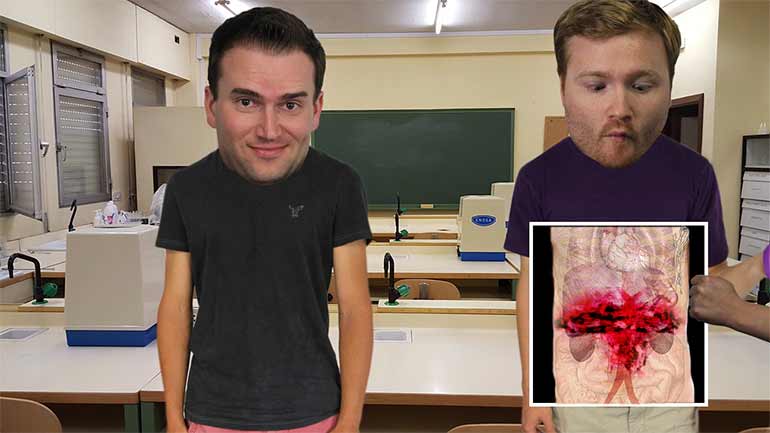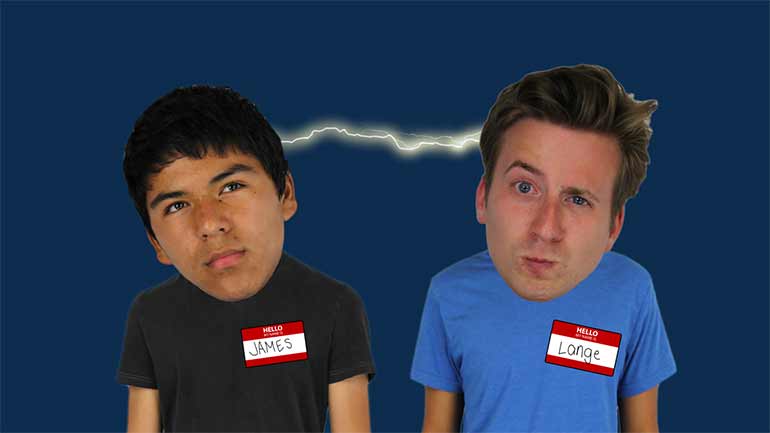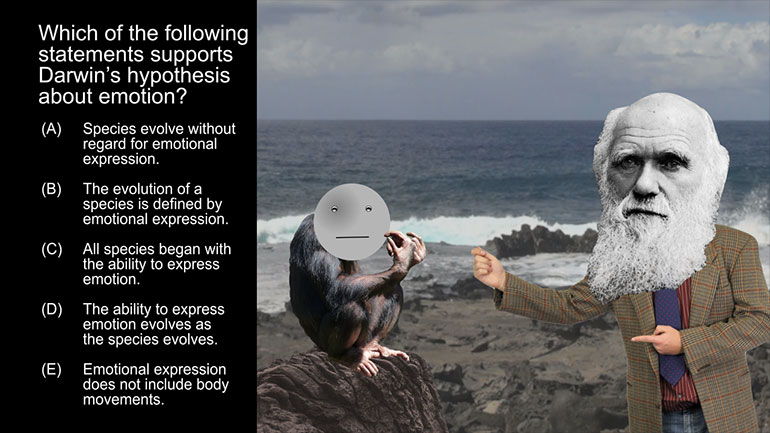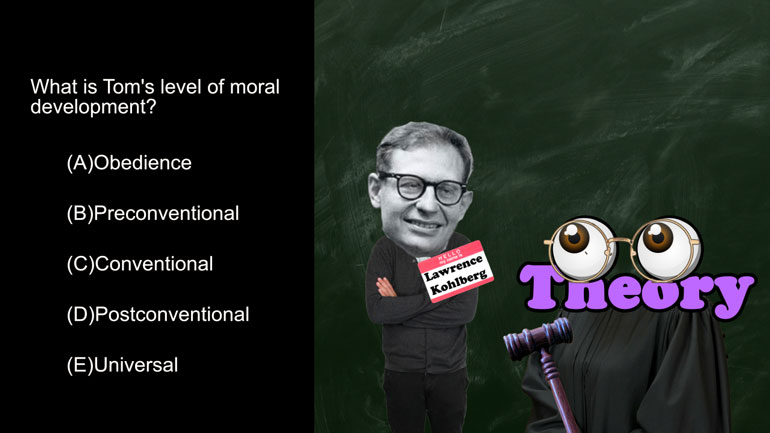ShmoopTube
Where Monty Python meets your 10th grade teacher.
Search Thousands of Shmoop Videos
AP Psychology Videos 135 videos
AP Psychology 2.3 Testing and Individual Differences. Which factor below needs to be considered in the administration and evaluation of the attenti...
AP Psychology 2.4 Testing and Individual Differences. Which of these is an example of studies used in the nature vs. nurture debate of intelligence?
AP Psychology 1.2 Developmental Psychology. How would you respond to someone stating that babies are born without any real sense of the world aroun...
AP Psychology 3.3 Research Methods 5 Views
Share It!
Description:
AP Psychology 3.3 Research Methods. What is the mode of this distribution?
Transcript
- 00:00
here's your shmoop du jour brought to you by heavy metals. our
- 00:07
band plutonium would be a great guitarist but it just wasn't in its [band plays on a stage]
- 00:11
element .and here's our question. what's the mode of this distribution? and Eric
- 00:17
[mumbling ] all we really need to know
- 00:23
is exactly what a mode is. it's pretty simple. really amote as a measure of
Full Transcript
- 00:27
central tendency kind of them like one of those cool indie bands that we always
- 00:32
pretend to know about. all right well for the sake of keeping modes interesting
- 00:36
let's follow our newly established heavy metal band central tendency. now measures
- 00:42
of central tendency also include mean and median and all three of them
- 00:46
represent the most difficult scores in a data set. some heavy stuff. now mean it's [the number 3 sings into a mic]
- 00:52
just another word for average. to find the mean you add small of the values
- 00:56
together then divide by the number of values in the set. look we're starting to
- 01:00
get why they're heavy metal since how else will be audience? alright well in
- 01:04
this case adding all the numbers up gives us 389 .and since there's 10
- 01:08
numbers total we divide by 10 which gives us 38.9. that happens to be C but
- 01:14
since we're looking for the mode not the mean we can get rid of this one. medium
- 01:18
meanwhile is the middle number of a set of numbers when you place them in
- 01:22
numerical order. if we had an odd number of numbers it would be simply the middle
- 01:26
number. if we have an even number of numbers and like here you'll find the
- 01:30
meaning of the two median numbers to get the true median. thankfully for us our
- 01:35
two median numbers on the same 36 plus 36 divided by 2.in California is 36. which [set of numbers listed]
- 01:41
happens to be answered be that means we can rule it out right? well since our
- 01:45
geeky but lovable metal band doesn't want us to eliminate b just yet we'll
- 01:48
keep it into running. looks like it's time for our main act. mode just found
- 01:52
quite easily it's the most commonly occurring number within a
- 01:55
data. so if we take another look at our numbers we can see quite clearly that
- 01:59
well what do you know 36 is the only number that appears twice. not only are
- 02:04
our mode and median the same but our band was right b 36 is the answer we [numbers 36 and 36 highlighted]
- 02:10
were looking for. our man.
Related Videos
AP Psychology 1.1 Social Psychology. Which of the following best describes social psychology?
AP Psychology 1.1 States of Consciousness. Who conducted research on REM sleep deprivations?
AP Psychology 1.2 Cognition. Which of the following strategies would work best for generating new ideas?
AP Psychology 1.2 Sensation and Perception. The cells in the back of the eye that only see in black and white are called what?
AP Psychology 1.2 Social Psychology. What is the best choice for producing better productivity?
